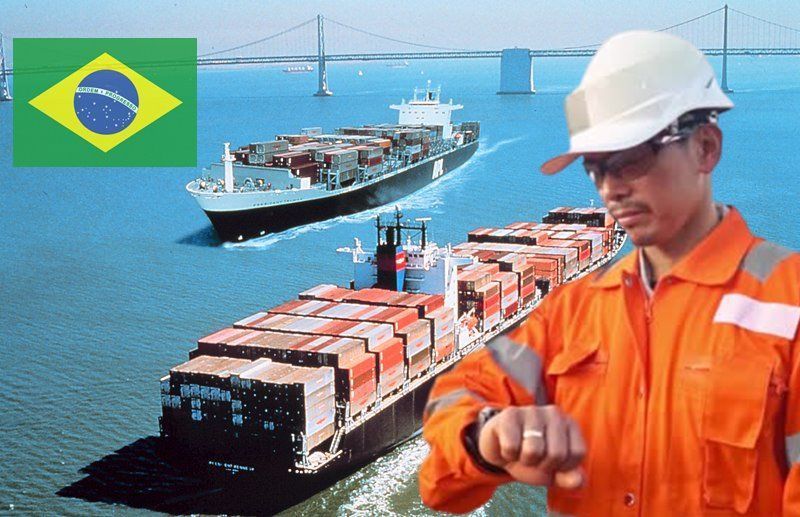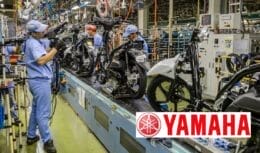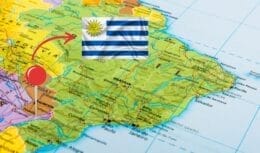
The new PL signed by the Federal Government and sent to Congress aims to favor cabotage with tax reductions, in addition to increasing the demand for ships navigating the Brazilian coast. But the obligation to hire 2/3 of national labor divides opinions among shipowners
On August 11th, the Brazilian maritime segment had a positive outlook on cabotage. The Federal Government signed and sent to the National Congress the so famous of the moment, called “BR do Mar”, whose objective is to stimulate the generation of jobs, increase port operations on our coast, maximize the flow of ships and reduce bureaucracy / reduce taxes. However, the obligation to hire 2/3 of Brazilian labor to compose the crew of each vessel was one of the trends topics on a corporate social network last Monday. Watch the signature video here.
Brazilian crew is expensive, international shipowners prefer to fill their ships with Filipinos and Indians
A relevant and favorable factor for national cabotage is that we have large Brazilian shipowners that operate ships and already handle cargo on our coast, including some of them with 100% national crew. Example of some known
- Alliance Navegação e Logística Ltda.
- Norsul Navigation Company
- Flumar Transp. Chemicals and Gases Ltd.
- Hidrovias do Brasil – Cabotagem Ltda.
- Log-In Logística Intermodal SA
- Mercosur Line Navegação e Logística Ltda
- NorsulCargo Navegação S/A (Norsul Group)
What happens is that the international market has a preference for some nationalities: Filipinos and Indians who, most of the time, are destined for the garrison. the main reason Incredible as it may seem, it's not just a cost reduction because salaries are similar to ours.. What happens is that their contract does not generate the same charges that we Brazilians have, which are terminated with each disembarkation, unlike our CLT, which after 90 days the contract becomes indeterminate.
For them, there is no rescission of the contract if the company no longer wants the crew member to embark, it simply does not embark anymore. In addition, they are many in all functions, that is, extremely dependent on the company and the job, as there is no guarantee of returning on board.
Filipinos and Indians work on long-haul and cabotage ships from other countries, because they usually don't have work on their own, and they are unlikely to complain about working conditions, wages, etc. Poles and Norwegians, on the other hand, have leadership positions on the ships because they have operational experience, and it is rare for other nationalities to get promotion on board. Without obligation, it is practically impossible to put Brazilians on board as there is no advantage for the shipowner.
But is BR do Mar Good or Bad for Brazilian Cabotage?
For Brazilian seafarers 2/3 of the crew is great, but for companies “a headache” given the potential and reduction of profits, even if indirectly, that is, an impasse. Even though it is an international contract, this requirement still does not please the shipowners, as it breaks the taboo of preferred nationalities. Shipowners will have to maintain hygiene, food, wages, training and good practices, which they will not like very much.
It is easier to maintain an international standard “pirate” ship (apart from a few rare exceptions) than having to deal with complaints at the Ministry of Labor and the Federal Police about lack of food, wages and conditions on board. Is it impossible to have cabotage with Brazilians on board? No! Is it more work? Yes! Several national flag companies operate without problem and making profits.
Also read
- Find out how logistic cabotage works in Brazil
- Job openings in a logistics and cabotage company to work in Rio de Janeiro, Espírito Santo and Manaus
Remarks By Wendell Torres, Second Engineer Officer












